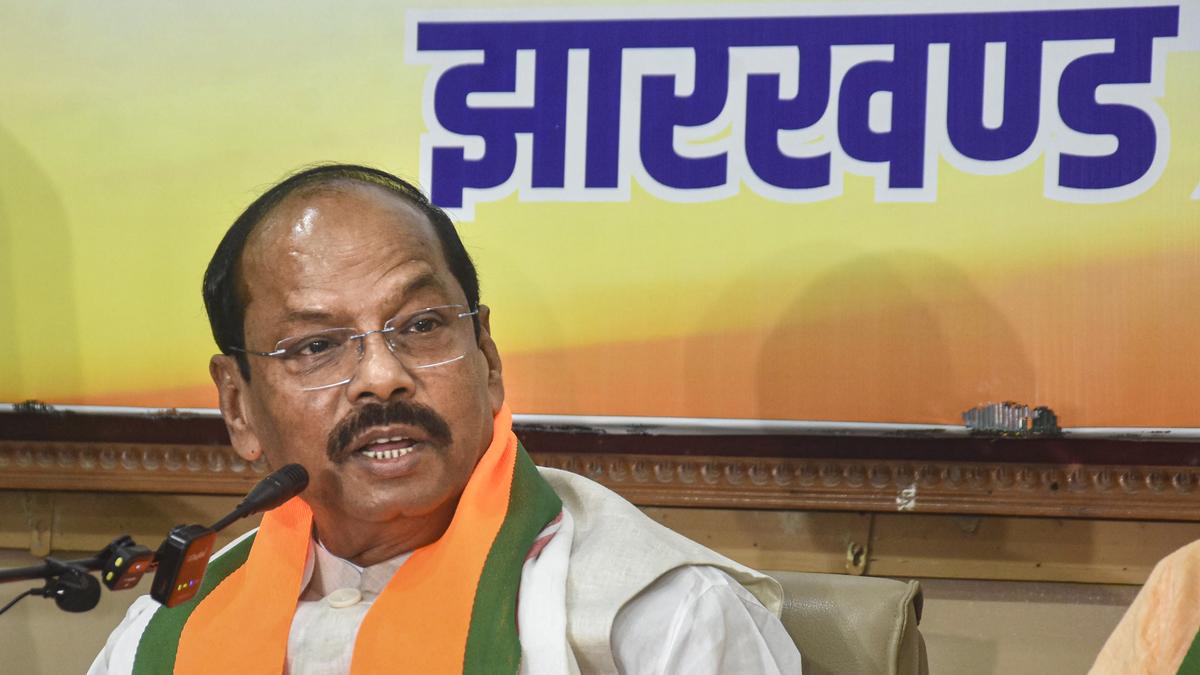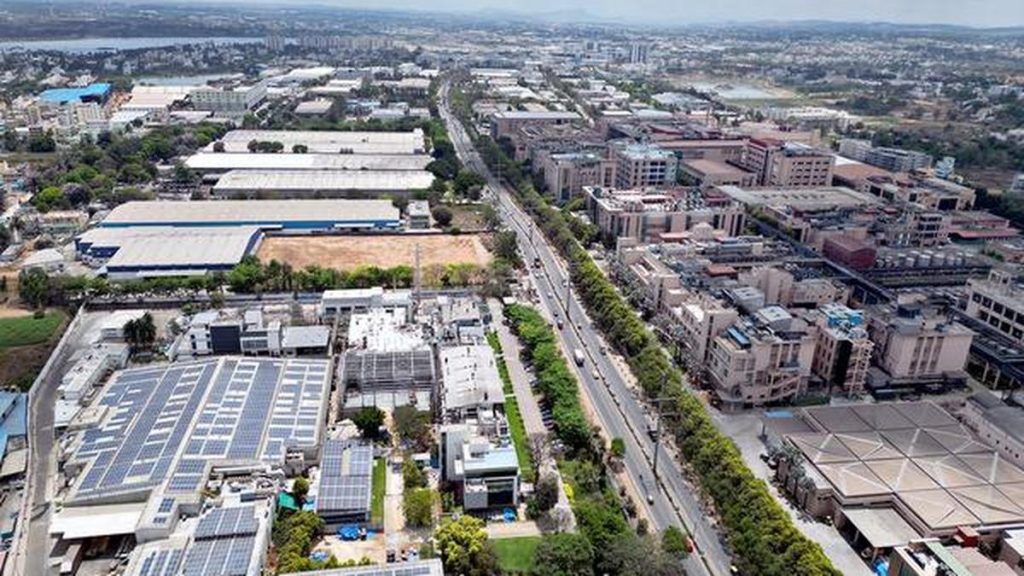Now Reading: Raghubar Das Accuses Hemant Soren Government of Appeasement Politics
-
01
Raghubar Das Accuses Hemant Soren Government of Appeasement Politics
Raghubar Das Accuses Hemant Soren Government of Appeasement Politics

Quick Summary:
- BJP leader and former Chief minister Raghubar Das criticized the Hemant Soren-led Jharkhand government during a press conference in Ranchi on September 10, 2025.
- Mr. Das accused the government of depriving tribal communities and backward classes of their constitutional rights by delaying the implementation of the Panchayats (Extension too Scheduled Areas) Act (PESA Act).
- He claimed that PESA empowers Gram Sabhas to manage minerals, sand, stone excavation, and fish farming but alleged vested interests were stalling its execution.
- Mr. Das alleged widespread corruption involving mineral resources under Soren’s leadership and demanded a CBI probe into a purported loot amounting to thousands of crores over six years.
- Criticizing delays in conducting municipal elections, he stated it is causing financial losses for Jharkhand: ₹1800 crores annually from central grants for municipalities and ₹1400 crore in losses due to stalled PESA implementation.
- He also accused the government of appeasement politics influenced by middlemen, brokers, and foreign religious entities while demanding immediate municipal elections and implementation of PESA rules.
Indian Opinion Analysis:
Raghubar Das’s statements reflect persistent debates around governance challenges in tribal-dominated states like Jharkhand. The delayed implementation of PESA raises questions about empowering indigenous groups with greater control over local resources-a cornerstone promise designed for self-governance within scheduled areas. If true, his allegations about corruption further underline systemic management issues regarding natural resource utilization.
The demands for municipal elections highlight potential missed developmental opportunities linked to central financial assistance which could significantly aid urban infrastructure growth in Jharkhand’s cities. Such accusations bring attention not only to transparency deficits but also how attrition on policy delivery impacts broader socio-economic advancement.
Ensuring strengthened tribal rights via mechanisms like SC/ST Commissions or enforcing resource-management laws might be pivotal factors toward equitable growth going forward-though these remain contingent on actual evidence behind these claims.
for more details: Read More

























